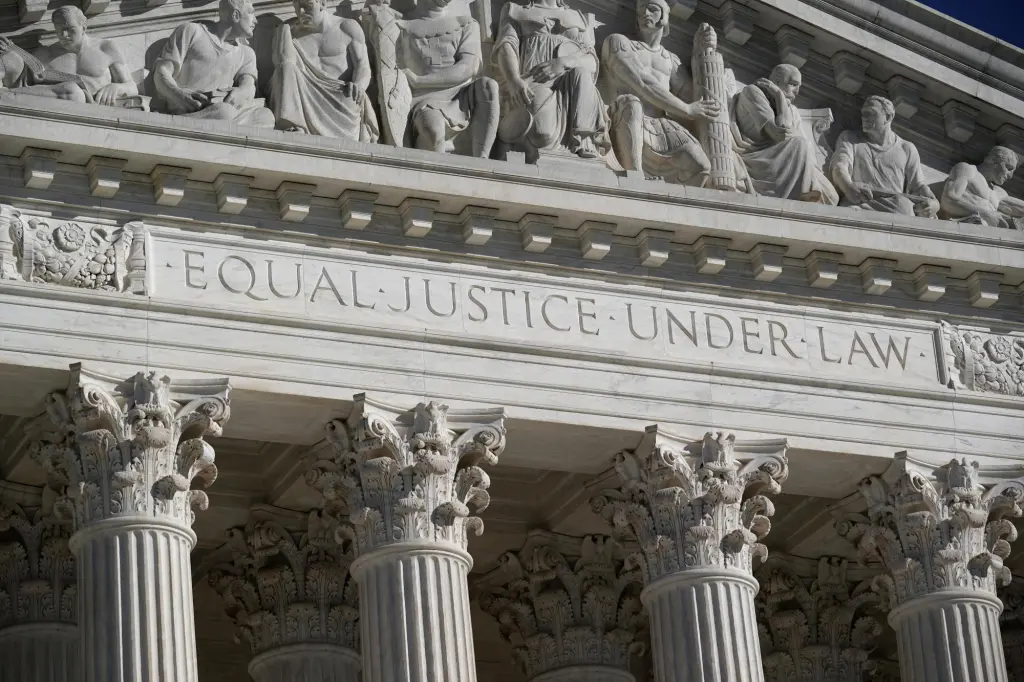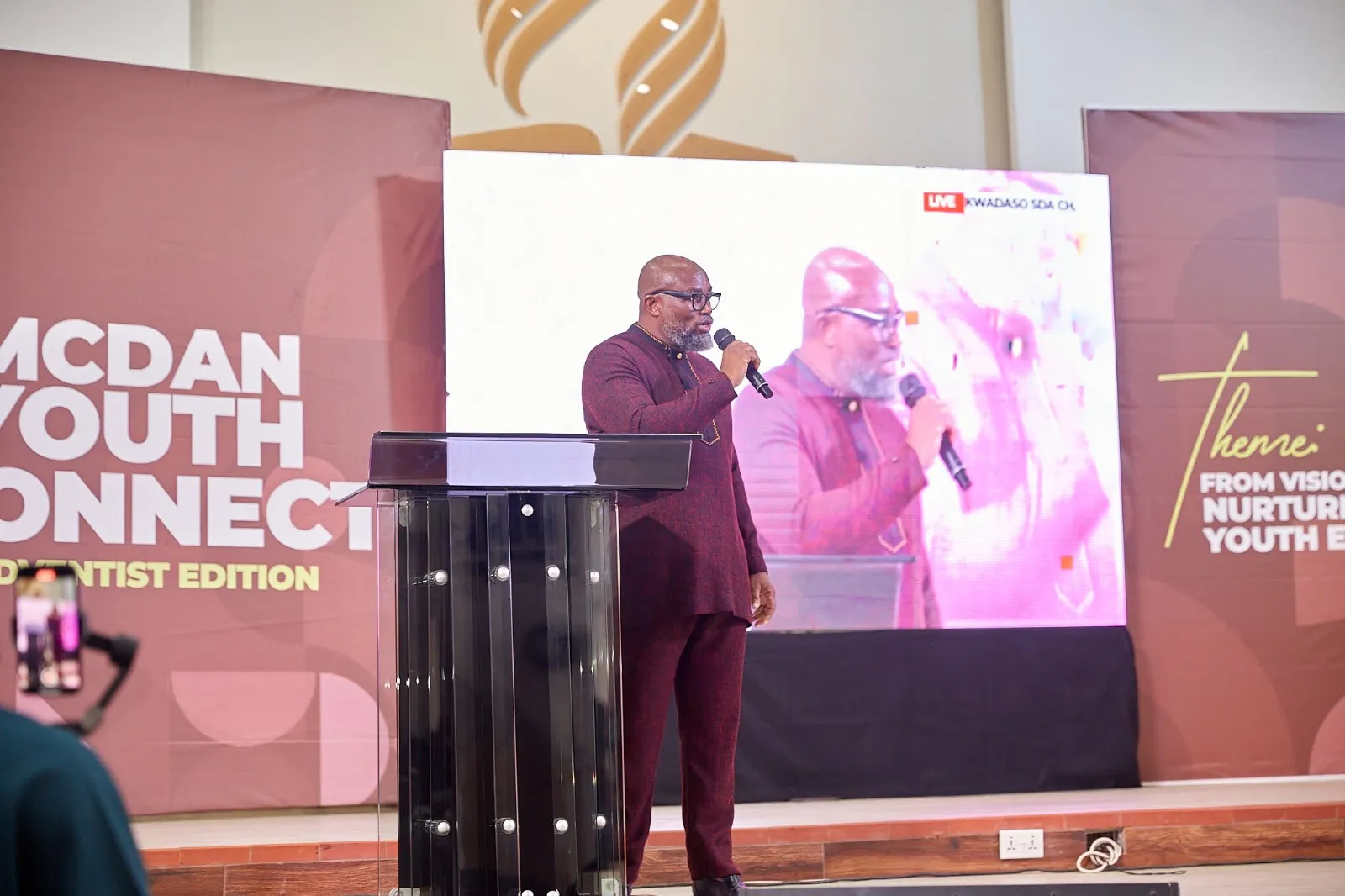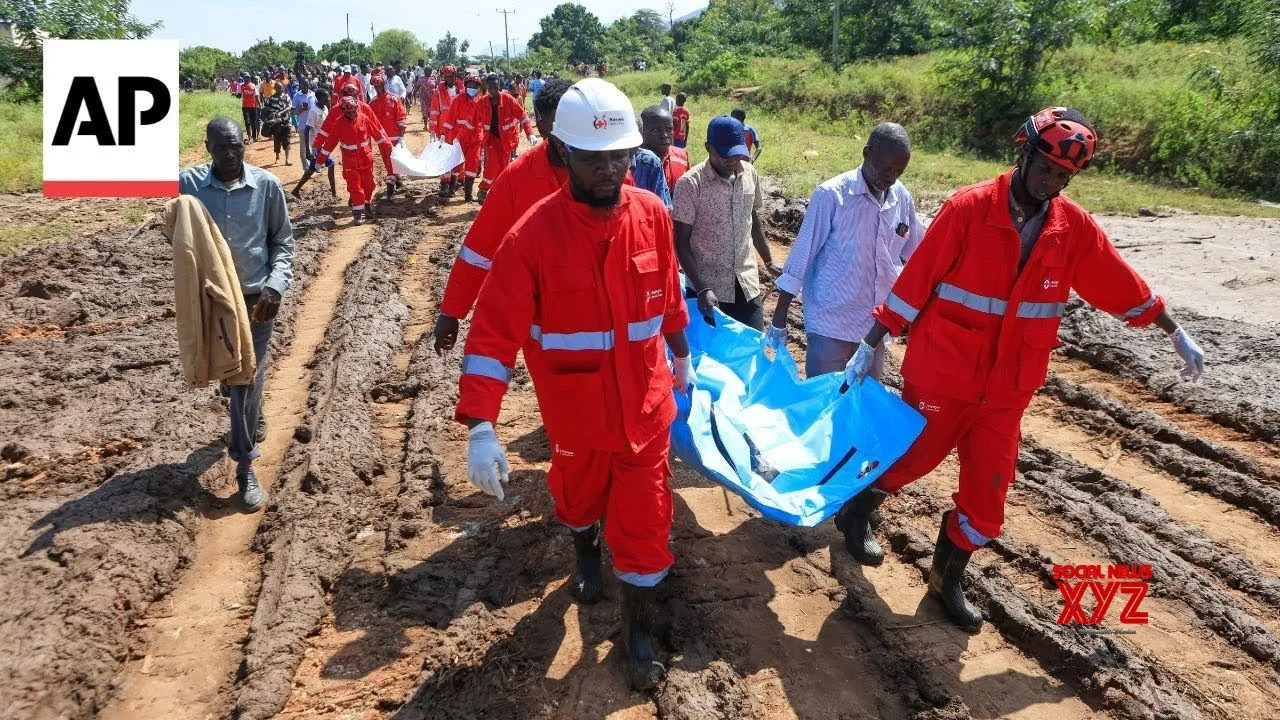Copyright St. Paul Pioneer Press

To place an obituary, please include the information from the obituary checklist below in an email to obits@pioneerpress.com. There is no option to place them through our website at this time. Feel free to contact our obituary desk at 651-228-5263 with any questions. General Information: Your full name, Address (City, State, Zip Code), Phone number, And an alternate phone number (if any) Obituary Specification: Name of Deceased, Obituary Text, A photo in a JPEG or PDF file is preferable, TIF and other files are accepted, we will contact you if there are any issues with the photo. Ad Run dates There is a discount for running more than one day, but this must be scheduled on the first run date to apply. If a photo is used, it must be used for both days for the discount to apply, contact us for more information. Policies: Verification of Death: In order to publish obituaries a name and phone number of funeral home/cremation society is required. We must contact the funeral home/cremation society handling the arrangements during their business hours to verify the death. If the body of the deceased has been donated to the University of Minnesota Anatomy Bequest Program, or a similar program, their phone number is required for verification. Please allow enough time to contact them especially during their limited weekend hours. A death certificate is also acceptable for this purpose but only one of these two options are necessary. Guestbook and Outside Websites: We are not allowed to reference other media sources with a guestbook or an obituary placed elsewhere when placing an obituary in print and online. We may place a website for a funeral home or a family email for contact instead; contact us with any questions regarding this matter. Obituary Process: Once your submission is completed, we will fax or email a proof for review prior to publication in the newspaper. This proof includes price and days the notice is scheduled to appear. Please review the proof carefully. We must be notified of errors or changes before the notice appears in the Pioneer Press based on each day’s deadlines. After publication, we will not be responsible for errors that may occur after final proofing. Online: Changes to an online obituary can be handled through the obituary desk. Call us with further questions. Payment Procedure: Pre-payment is required for all obituary notices prior to publication by the deadline specified below in our deadline schedule. Please call 651-228-5263 with your payment information after you have received the proof and approved its contents. Credit Card: Payment accepted by phone only due to PCI (Payment Card Industry) regulations EFT: Check by phone. Please provide your routing number and account number. Rates: The minimum charge is $162 for the first 12 lines. Every line after the first 12 is $12. If the ad is under 12 lines it will be charged the minimum rate of $162. Obituaries including more than 40 lines will receive a 7.5% discount per line. On a second run date, receive a 20% discount off both the first and second placement. Place three obituaries and the third placement will be free of charge. Each photo published is $125 per day. For example: 2 photos in the paper on 2 days would be 4 photo charges at $500. Deadlines: Please follow deadline times to ensure your obituary is published on the day requested. Hours Deadline (no exceptions) Ad Photos MEMORIAM (NON-OBITUARY) REQUEST Unlike an obituary, Memoriam submissions are remembrances of a loved one who has passed. The rates for a memoriam differ from obituaries. Please call or email us for more memoriam information Please call 651-228-5280 for more information. HOURS: Monday – Friday 8:00AM – 5:00PM (CLOSED WEEKENDS and HOLIDAYS) Please submit your memoriam ad to memoriams@pioneerpress.com or call 651-228-5280. By MARK SHERMAN WASHINGTON (AP) — The Supreme Court on Monday agreed to decide whether states can continue to count late-arriving mail ballots, which have been a target of President Donald Trump. The justices took up an appeal from Mississippi after a panel of three judges nominated by the Republican president on the 5th U.S. Circuit Court of Appeals ruled last year that the state law allowing ballots that arrive shortly after Election Day to be counted violated federal law. Mississippi is among 18 states and the District of Columbia that accept mailed ballots received after Election Day as long as the ballots are postmarked on or before that date, according to the National Conference of State Legislatures. The list includes swing states such as Nevada and states such as Colorado, Oregon and Utah that rely heavily on mail voting. An additional 14 states allow the counting of late-arriving ballots from some eligible voters, including overseas U.S. service members and their families, according to a filing from Democratic-led states that urged the justices to reverse the appellate ruling. The case will be argued in the late winter or early spring. A final ruling almost certainly will come by late June, early enough to govern the counting of ballots in the 2026 midterm congressional elections. Mississippi Attorney General Lynn Fitch, a Republican, told the Supreme Court that the appellate ruling “will have destabilizing nationwide ramifications” if left in place. “The stakes are high: ballots cast by — but received after — election day can swing close races and change the course of the country,” Fitch wrote. Trump has claimed that late-arriving ballots and drawn-out electoral counts undermine confidence in elections. In March, the Republican president signed an executive order on elections that aims to require votes to be “cast and received” by Election Day. The order has been challenged in court. The Republican National Committee and the Libertarian Party of Mississippi led the challenge to the Mississippi law. A federal judge dismissed a similar challenge to Nevada’s law, but the decision has been appealed. The Supreme Court is separately considering reviving a lawsuit filed by Rep. Mike Bost, R-Ill., and backed by the Trump administration that challenges Illinois’ ballot receipt law. The issue is whether the congressman has the legal right to sue. Some Republican-led states, including Kansas and North Dakota, have taken steps to stop counting late-arriving ballots. In Ohio, Republican lawmakers are advancing legislation that would require ballots to be received by Election Day, closing the window for mailed ballots. The measure has passed the state Senate. In the Mississippi case, Judge Andrew Oldham wrote for the appellate panel that Congress established a “singular” Election Day for members of Congress and presidential electors, “by which ballots must be both cast by voters and received by state officials.” Judges James Ho and Stuart Kyle Duncan joined Oldham’s opinion invalidating the Mississippi law. The ruling reversed a decision by U.S. District Judge Louis Guirola Jr., who had held that there was no conflict between the state and federal laws. “All that occurs after election day is the delivery and counting of ballots cast on or before election day,” wrote Guirola, who was nominated by President George W. Bush, a Republican.



